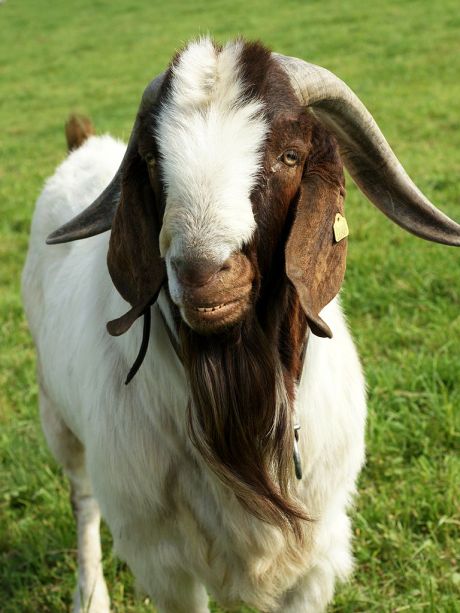
EU researchers are developing whole genome sequencing tools that can be used to manage and conserve genetic diversity in livestock.
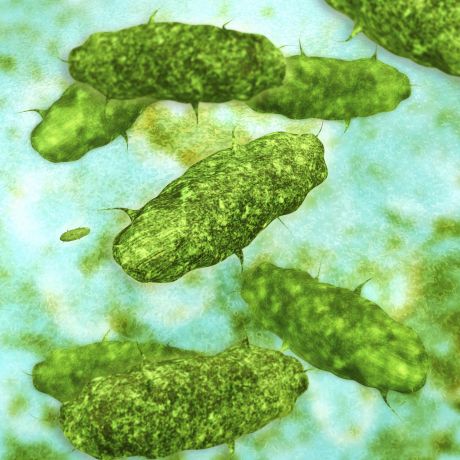
An international alliance has made significant contributions to the development of a commercial vaccine against the barber's pole worm (Haemonchus contortus), one of the most pathogenic nematodes in ruminants. Launch of the commercial version marks the first anti-nematode vaccine for livestock or man for more than half a century.
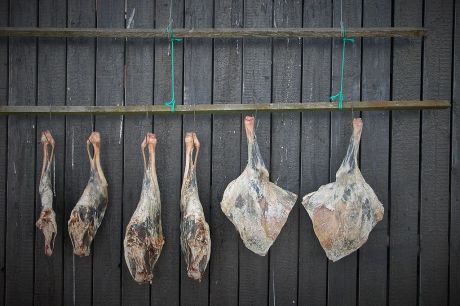
European consumers may soon benefit from healthier, high-quality dried meat products with reduced salt content through an innovative salting process.

A broad network of researchers, policymakers and organisations has grown to include new partners and provide increased support for European plant health research.

Islands, with their distinct boundaries, act as natural laboratories for the study of evolution, biogeography and ecology. The Indo-Pacific region has the largest concentration of islands and archipelagos on the planet, making it the ideal place for testing these ideas.
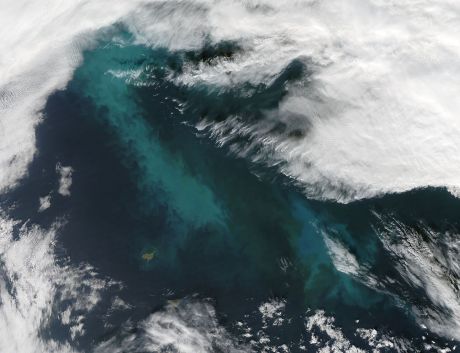
Every year aquaculture and fisheries around the world suffer significant economic losses from harmful algal blooms (HABs) causing shellfish toxicity and major fish kills.
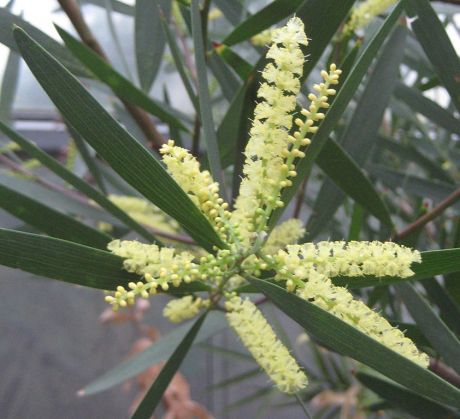
Invasive alien species (IAS) of plants have increased rapidly in recent years, significantly affecting invaded habitats, human activities and health, while causing significant economic damage to agriculture and forestry. An EU-funded project will address the IAS threat by establishing an international group of experts in biological invasions.
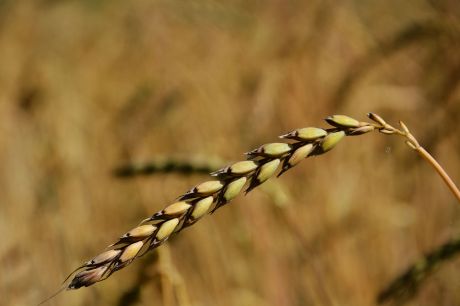
The research community and food sector are continuously looking for ways to improve the quality of foods. An EU initiative is exploring various methods that offer potential for healthier foods.
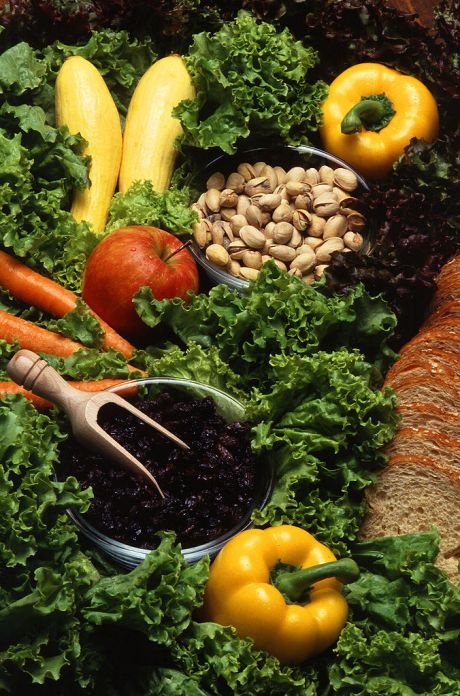
Refrigeration technology stakeholders worked together to research and develop new technologies for more efficient energy usage and food storage.
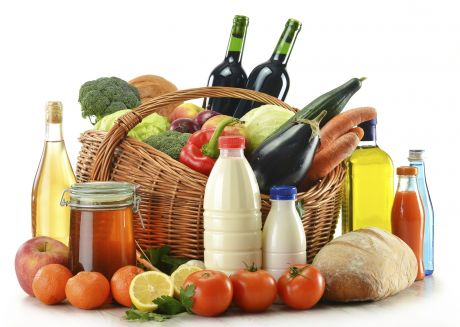
Over 80 million Europeans are currently at risk of poverty (ROP), and thus more likely to suffer from diseases related to poor nutrition. EU-funded researchers worked to develop novel food products that are nutritionally correct as well as affordable.
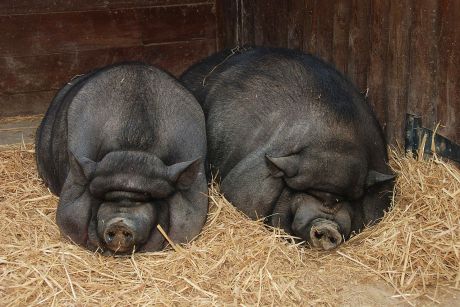
Researchers have investigated play behaviour in pigs as a way to measure overall livestock animal welfare.
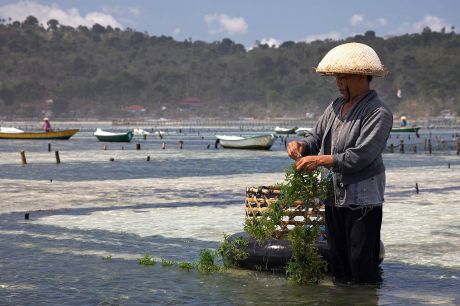
A research consortium has investigated several species of seaweed as replacements for salt in processed foods.
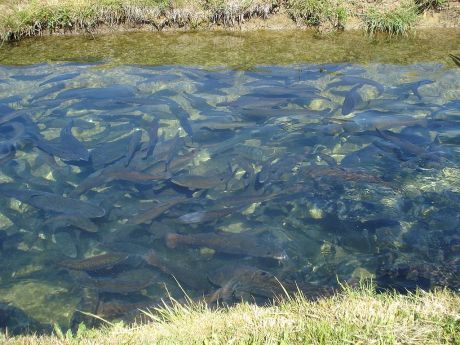
An EU-funded project is improving research capacity, infrastructure and intellectual property (IP) protection at an eastern European centre of excellence in aquaculture.
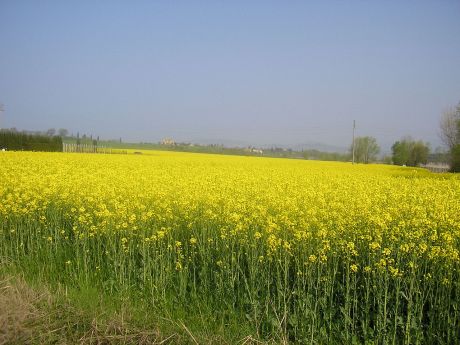
Researchers have genetically analysed a model crop-fungal pathogen system to discover ways to make crop resistance to fungal disease last longer.
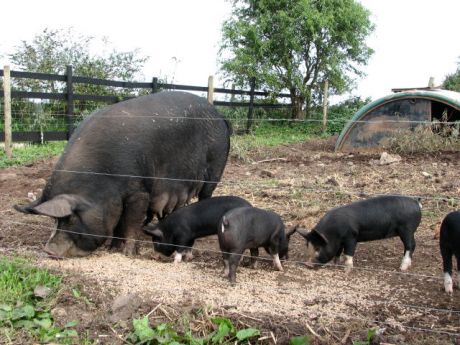
Innovative technology allowing pig farmers to monitor their animals' health and growth rate may soon be available to address a rising demand for pork.
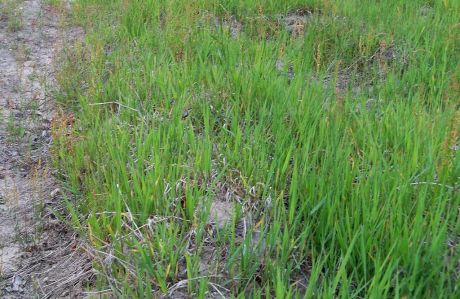
Researchers are investigating a range of semi-natural habitats on farmland to determine their contribution to agricultural productivity and how best to exploit their services.
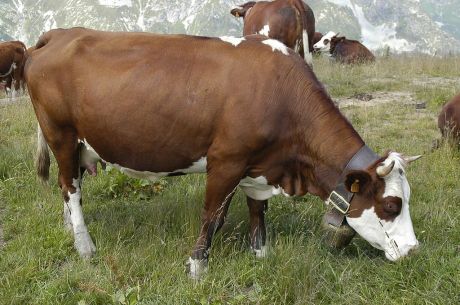
Worldwide demand for meat is constantly growing and in order for demand to be met, farms are growing more than ever before leading to less time available for contact of the farmer with the individual animals. An EU initiative aims to analyse the added value of technology that provides automatic round-the-clock monitoring of animals to mitigate the negative socioeconomic and environmental consequences.
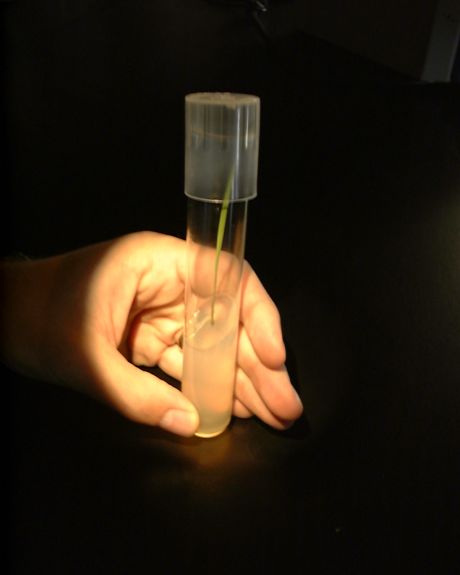
An EU project is taking the steps needed to establish a European research network in the field of genetically modified organisms (GMOs) for health, environment and society.

EU researchers have developed an advanced food packaging system that reduces food waste and contamination, and limits the future environmental costs of packaging materials.
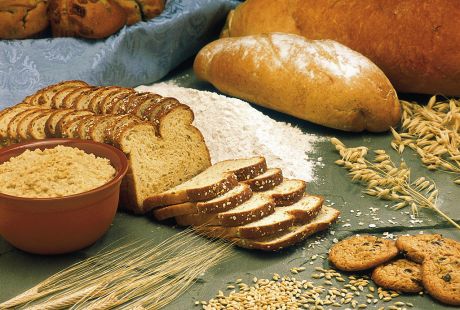
Bread products are in demand every day of the year, and this high demand has changed breadmaking industry processes. Researchers are working to improve the specialised equipment called climatic chambers.

An EU-funded initiative is investigating how Europe's agriculture can adapt to the environmental impacts of climate change.
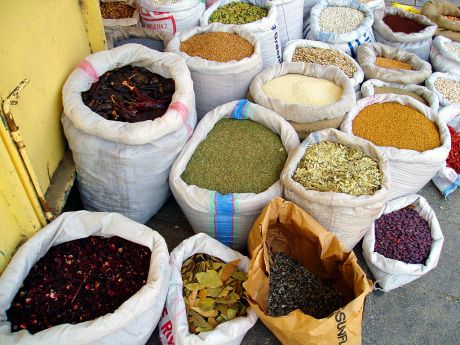
The dried food industry in Europe is in decline because of mounting concerns over quality and consumer demands. An EU initiative aims to reverse the trend and boost competitiveness by developing innovative technology to dry products while maintaining quality.
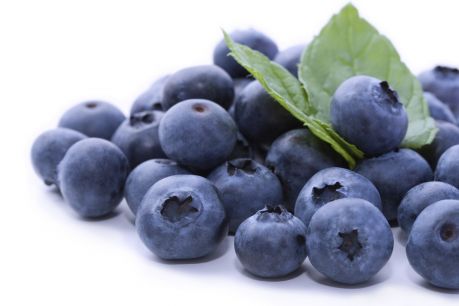
An EU team is developing smart packaging for food that visually responds to chemical and temperature changes indicating spoilage. A combination of materials and sensors detect ethanol and other substances and report to special scanners.
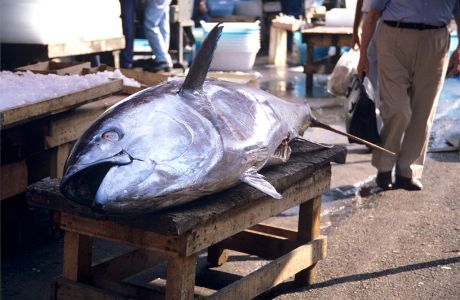
Europe's fish biologists have investigated the gregarious behaviour of tuna around floating objects. This information will contribute to sustainable fisheries management.
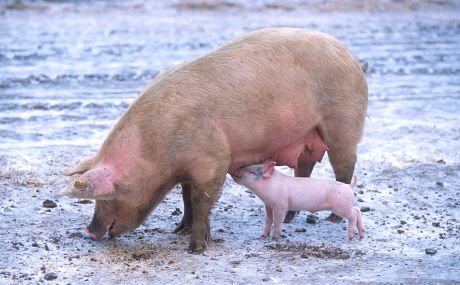
An EU-funded project has validated new technologies for reducing pathogen, reducing mortality and improving life-time growth performance, maternal immune transfer and meat quality in pig and poultry.
























